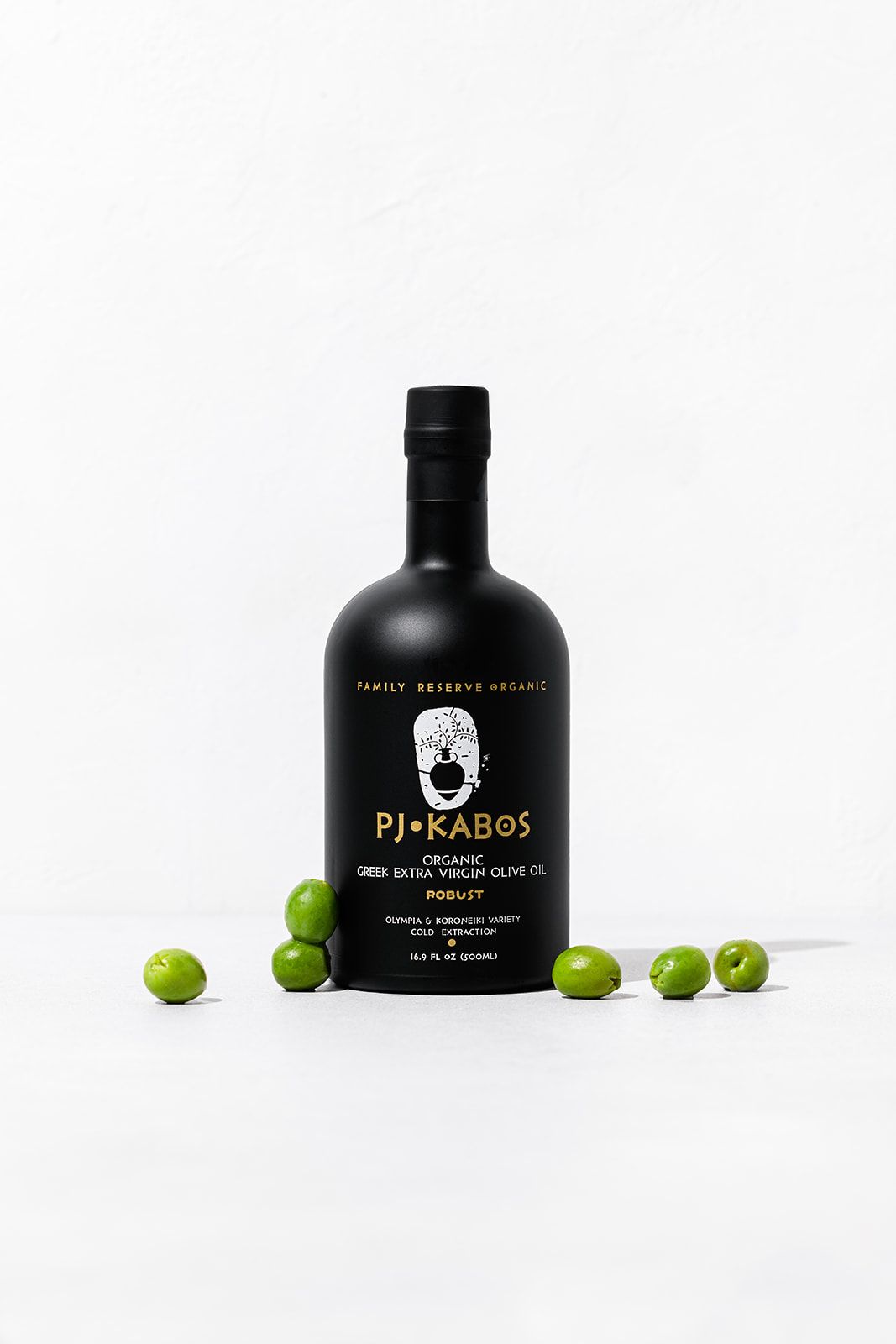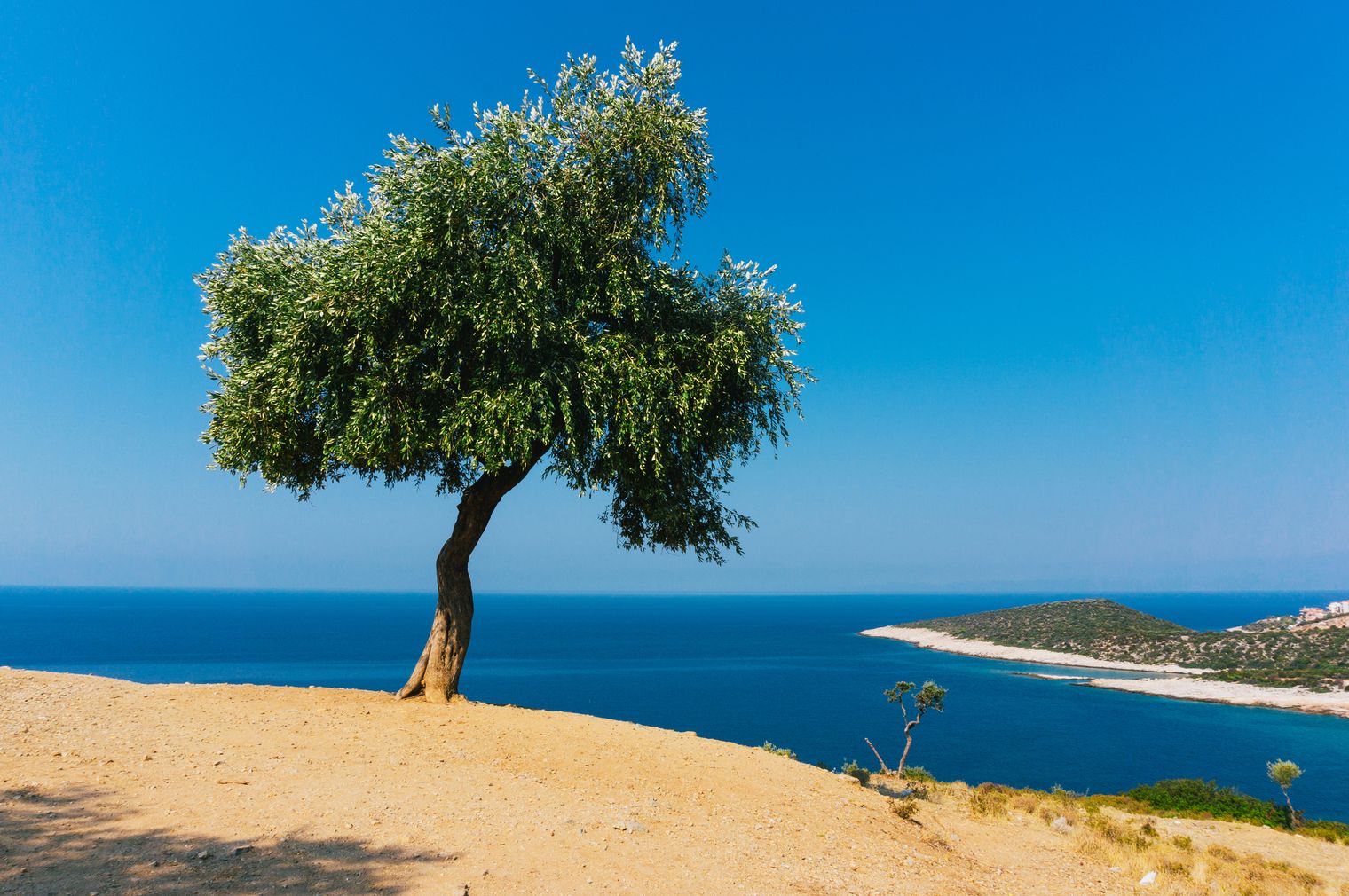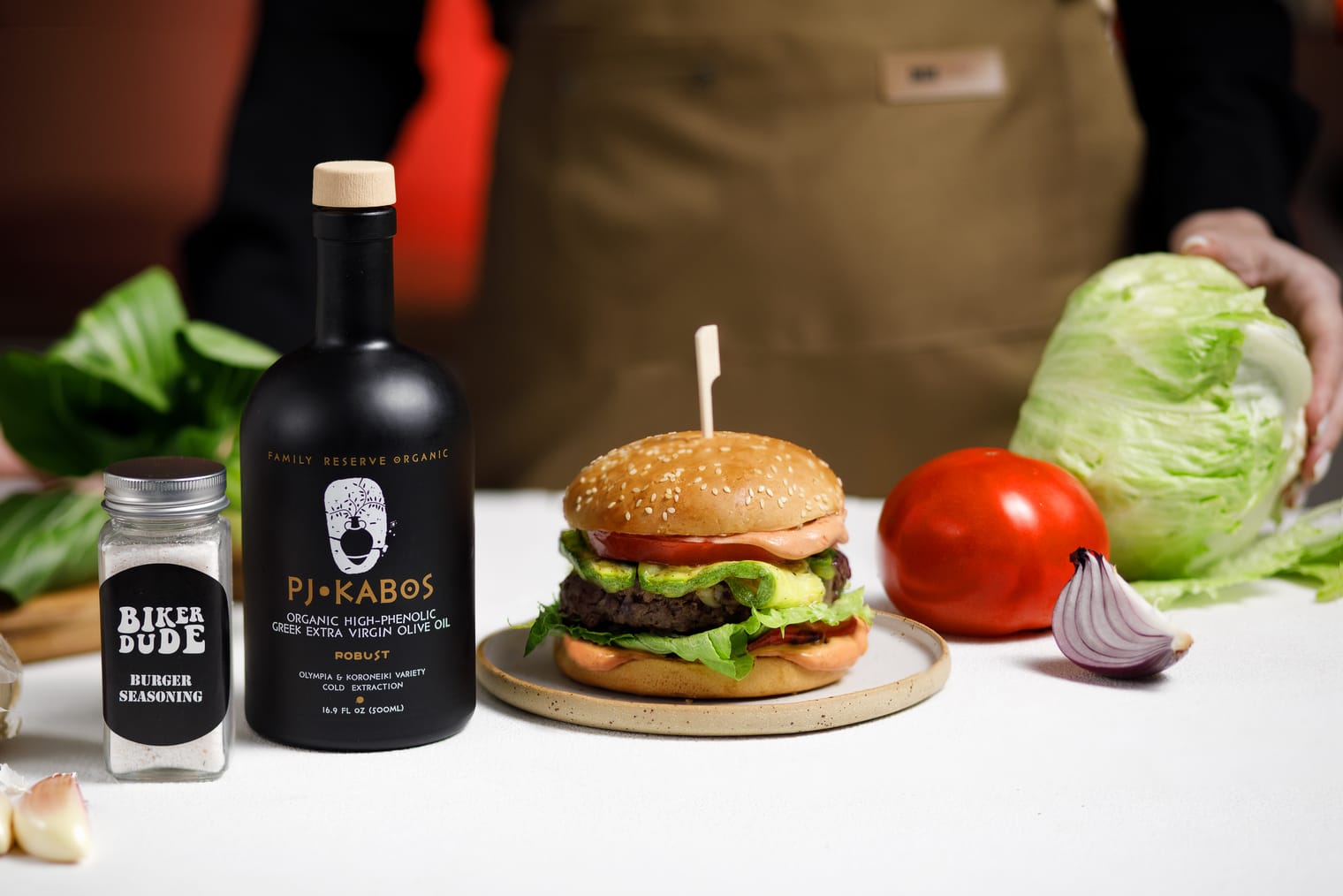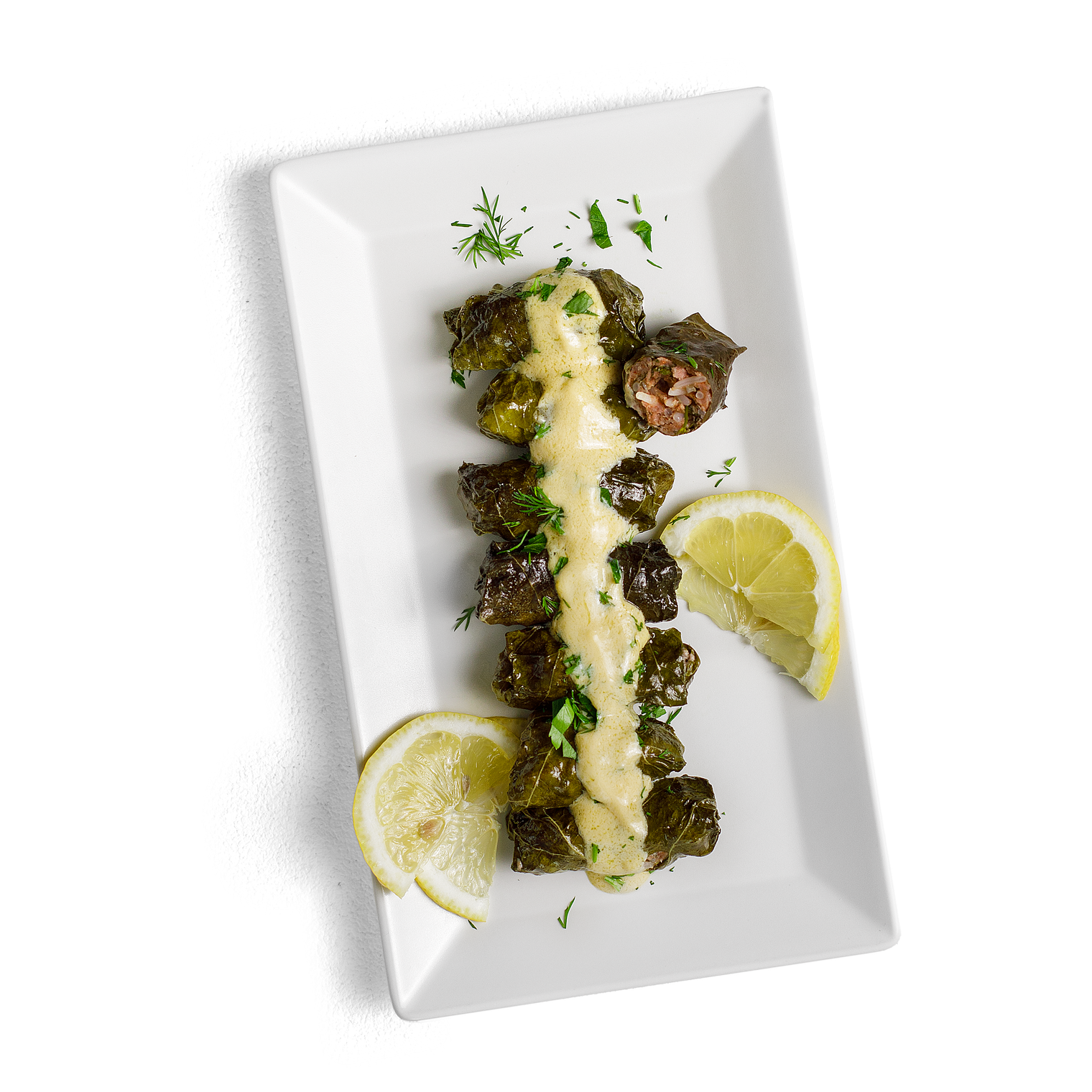The Mediterranean Sea
The olive trees’ fruit was used for much more than just consuming, either as cured olives eaten with bread, cheese and fruit to make a healthy and delicious meal, or pressed into precious oil.
The oil was also used as fuel for lamps in homes, businesses and temples; for religious ceremonies; to clean, anoint, perfume and to embalm bodies; as medicine; for athletes; as a very valuable and sought after prize for winners of the ancient games, etc.. While the wood from the pruned trees, because there were stringent laws against cutting down even one olive tree, was burned in fireplaces for warmth on cold winter days and used as cooking fuel while its silvery/green branches were fashioned into victory wreaths and crushed to make medicines, among other things.
All these uses led to its greatest worth, that of it becoming a profitable and powerful commodity for the Hellenic world. This is where the location of Greece, once considered the center of the world, located on the great shipping lanes of the Mediterranean, Aegean, Ionian, and Black Seas, combined with the landscape that had soil, terrain and weather that was (and still is) ideal for olive groves, impacted not just the vast Hellenic world but the world surrounding it for centuries, even after the Minoan, Mycenaean, Classical and Hellenistic periods came to an end.
DNA Proof
But, how can we know this? Other than artwork, written records and geological evidence do we have any other proof, something the scientific community of the 21st century might find useful?
In approximately the year 413 BC, a Greek merchant ship sank off the island of Chios. Nothing too remarkable about that as the waters around Greece and its ancient lands are literally littered with shipwrecks from all periods of history.
But what is remarkable is what Brendan Foley of the Massachusetts Institute of Technology and the Woods Hole Oceanographic Institution and his colleagues at Lund University in Sweden found when, using a new scientific technique, they tested the jars—amphorae—found in the ship. In 2005, they said that “they were able to get DNA sequences from the insides of two amphorae recovered in 230 feet of water.” These were amphorae that had been soaking in salt water for 2,436 years!
But what surprised the team were their findings. Located close to an island that in antiquity had been known for its fine wine, they had expected to find DNA of said substance. What they found instead was DNA traces of two and a half millennium old olives and oregano! If scientific proof was needed in which to back up what was written on the Linear B text to prove the lively trade in olive oil plying the Mediterranean Sea at such an early date, this ancient ship wreak collided with modern methods and delivered it.
It didn’t Stop with Ancient Greece
Trade of olives and olive oil didn’t stop when the Hellenic World gave way to the Roman and the Roman to that of Late Antiquity (Roman Empire of the East, better known as Byzantine) and Late Antiquity to the Renaissance and the Renaissance to Western European and on to modern times. It is something that is still happening today. Based on recent data from the International Olive Council, Greece is the third largest exporter of fine olive oil in the world today, a major product for a country that is only about the size of the state of Alabama, USA.
Not Just a Pretty Tree
There is so much more than just beauty behind the silvery-green olive groves that clothe the hillsides of Greece, and its many islands, as they slope down, like ballerinas dancing in the wind, to the meet the blue of its magical seas. The ancestors of those trees helped to bring in the rise, not just the ancient Greek eras, but contributed toward ushering in the Western World as we know it today.
Looking for a high-phenolic, pure, extra virgin olive oil? Here is our recommendation:

PJ KABOS 'Family Reserve Organic - Robust' High-Phenolic Extra Virgin Olive Oil from Greece
With one of the highest phenolic contents in the world for a true, extra virgin olive oil, our 'Robust' label was tested at 734 mg/kg (HPLC) and has recently won two Gold Medals at International Competitions for its delicious taste.




